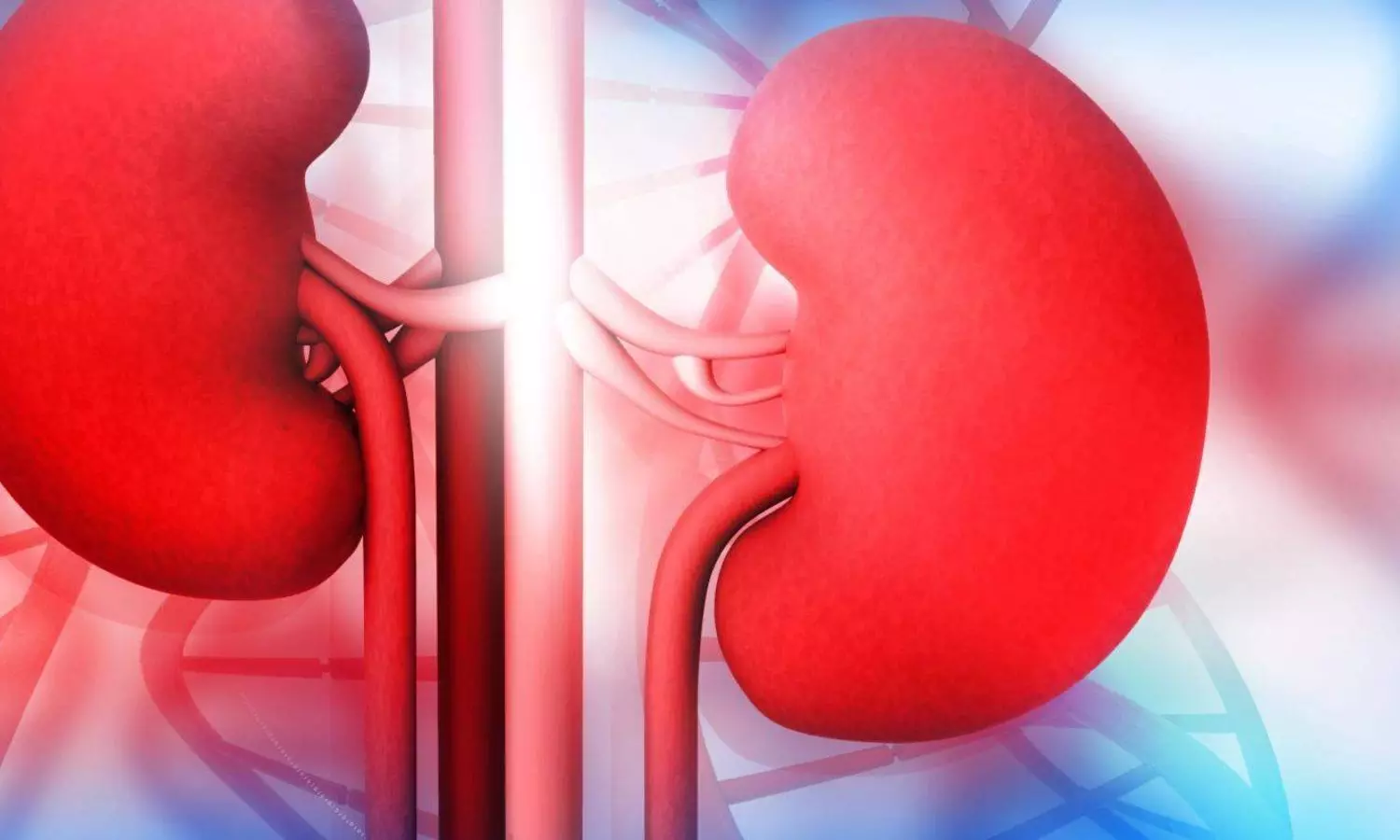- Home
- Medical news & Guidelines
- Anesthesiology
- Cardiology and CTVS
- Critical Care
- Dentistry
- Dermatology
- Diabetes and Endocrinology
- ENT
- Gastroenterology
- Medicine
- Nephrology
- Neurology
- Obstretics-Gynaecology
- Oncology
- Ophthalmology
- Orthopaedics
- Pediatrics-Neonatology
- Psychiatry
- Pulmonology
- Radiology
- Surgery
- Urology
- Laboratory Medicine
- Diet
- Nursing
- Paramedical
- Physiotherapy
- Health news
- AYUSH
- State News
- Andaman and Nicobar Islands
- Andhra Pradesh
- Arunachal Pradesh
- Assam
- Bihar
- Chandigarh
- Chattisgarh
- Dadra and Nagar Haveli
- Daman and Diu
- Delhi
- Goa
- Gujarat
- Haryana
- Himachal Pradesh
- Jammu & Kashmir
- Jharkhand
- Karnataka
- Kerala
- Ladakh
- Lakshadweep
- Madhya Pradesh
- Maharashtra
- Manipur
- Meghalaya
- Mizoram
- Nagaland
- Odisha
- Puducherry
- Punjab
- Rajasthan
- Sikkim
- Tamil Nadu
- Telangana
- Tripura
- Uttar Pradesh
- Uttrakhand
- West Bengal
- Medical Education
- Industry
Study finds no Direct Association Between Cholesterol Intake and Chronic Kidney Disease Risk

A recent investigation exploring the link between cholesterol intake and the risk of chronic kidney disease (CKD) has yielded intriguing insights, suggesting a nuanced relationship between dietary cholesterol and CKD risk. This study was published in the journal of Nutrition Metabolism and Cardiovascular Diseases by Haekyung Lee and colleagues.
The study, utilizing data from the Korea National Health and Nutrition Examination Survey (KNHANES) 2019-2021 and the Korean Genome and Epidemiology Study (KoGES), aimed to examine the potential association between cholesterol intake and CKD risk. Cholesterol intake was assessed through a 24-hour recall food frequency questionnaire, and participants were categorized based on their cholesterol intake levels.
Results from the KNHANES revealed a modest association between higher cholesterol intake and increased serum levels of total, low-density lipoprotein (LDL), and high-density lipoprotein (HDL) cholesterol. However, despite this link between cholesterol intake and altered serum cholesterol levels, the study did not find a significant association between cholesterol intake and the prevalence of CKD in the KNHANES dataset, regardless of participants having a history of hypercholesterolemia.
In the KoGES dataset, which included a median follow-up of 11.4 years, researchers found that cholesterol intake was not significantly associated with the incidence of CKD. This held true for individuals both with and without hypercholesterolemia. Egg consumption, often a source of dietary cholesterol, also showed no significant association with the risk of incident CKD.
The study's findings challenge the conventional notion of a direct correlation between cholesterol intake and CKD risk. Despite observing an association between cholesterol intake and altered serum cholesterol levels, researchers did not find a direct link between dietary cholesterol and the prevalence or incidence of CKD. These results suggest that solely reducing cholesterol intake may not suffice in preventing CKD development.
The study's outcomes signal the need for a more comprehensive understanding of the multifaceted factors contributing to CKD risk. While dyslipidemia remains a known risk factor for CKD, this study suggests that focusing solely on dietary cholesterol intake might not effectively mitigate CKD risk. Further research is warranted to explore additional dietary, lifestyle, and physiological factors contributing to CKD development.
Reference:
Lee, H., Park, J., Kwon, S. H., Jeon, J. S., Noh, H., & Kim, H. Dietary cholesterol intake is not associated with the development of chronic kidney disease: results from two Korean cohort studies. Nutrition, Metabolism, and Cardiovascular Diseases: NMCD,2023. https://doi.org/10.1016/j.numecd.2023.12.011
Dr Riya Dave has completed dentistry from Gujarat University in 2022. She is a dentist and accomplished medical and scientific writer known for her commitment to bridging the gap between clinical expertise and accessible healthcare information. She has been actively involved in writing blogs related to health and wellness.



